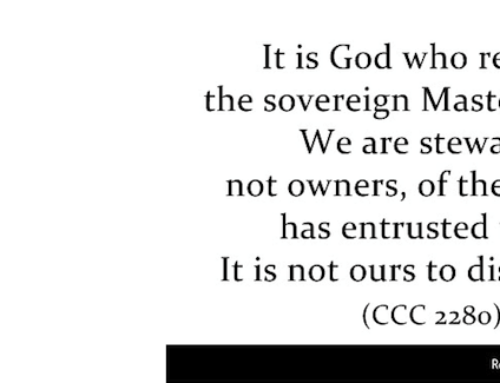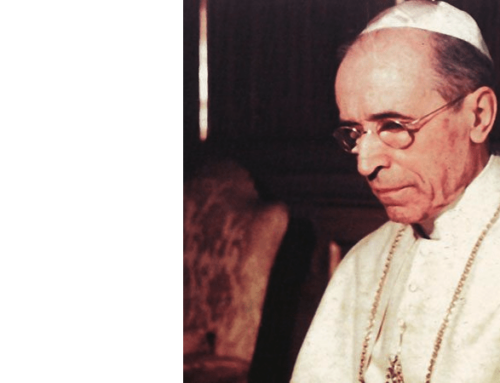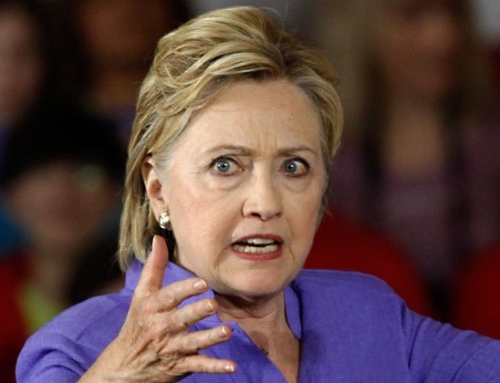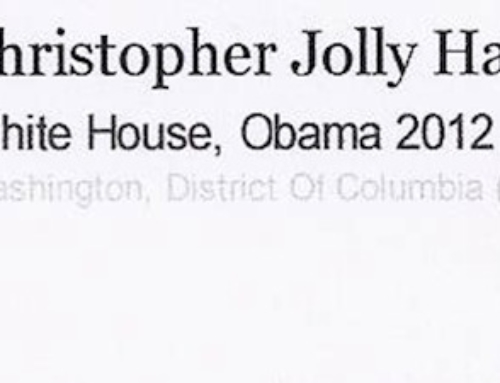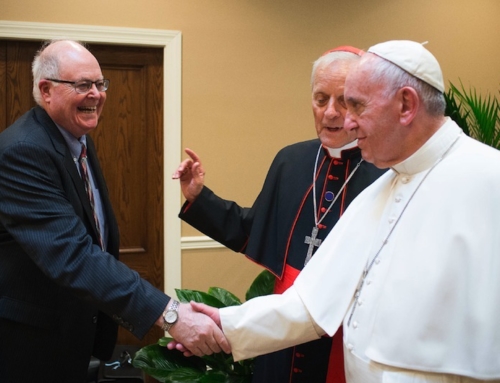by Mary Ann Glendon
(Catalyst 6/1997)
The Catholic Church is preparing to celebrate the Jubilee year 2000 and I am proud to have input into this event. After recently attending a meeting in Rome of the Central Comittee that is handling the affair, I came away with certain anxieties about one aspect of the Jubilee preparation. They concern what one might call “apologies in the age of spin control.”
As you may have noticed, there has been a good deal of public repentance lately concerning things that representatives of the Church did in the past. This is pursuant to Pope John Paul II’s call for a “broad act of contrition” as part of the Church’s celebration of the Jubilee. In his 1994 encyclical on preparing for the Third Millennium, he says that, “it is appropriate, as the Second Millennium of Christianity draws to a close, that the Church should become more fully conscious of the sinfulness of her children, recalling all those times in history when they departed from the spirit of Christ and his Gospel, and, instead of offering the world witness of a life inspired by values of faith, indulged in ways of thinking and acting that were truly forms of counterwitness and scandal.”
According to the monthly magazine Inside the Vatican, the Pope presented this plan for a public mea culpa to the Cardinals at a meeting held several months before the encyclical was issued. Supposedly, he told them that this apology should cover the mistakes and sins of the past thousand years, and in conjunction with, among other things, the Inquisition, the wars of religion, and the slave trade. That magazine also reported (still on hearsay evidence) that “the majority of the College of Cardinals was opposed to that kind of public act of repentance,” though few, apart from Cardinals Biffi and Ratzinger, were said “to have raised their voices in opposition.”
Whether or not that rumor of discord was well-founded, the Pope did address possible criticisms of his plan in Tertio Millennio Adveniente itself, pointing out that while the Church “is holy because of her incorporation into Christ, she is always in need of being purified.” It would be hard to argue with that proposition—or with the Pope’s observation that “Acknowledging the weakness of the past is an act of honesty and courage . . .which alerts us to face today’s temptations and challenges.”
So why do I feel some lingering anxiety about the public repentance aspect of the Church’s celebration of the Jubilee? My nervousness has nothing to do with what the Pope has said, and everything to do with the way in which the acts of contrition he calls for may be distorted by interpreters who are no friends of the Church; by spin doctors who have never seen any need to apologize for anti-Catholicism or for persecution of Christians; in short, by persons for whom no apology will ever be enough until we Catholics apologize for our very existence.
My anxiety level escalates when I think of these apologies for past sins in light of Gertrude Himmelfarb’s chilling account of the current state of historical scholarship. History is always an amalgam of fact and myth. But in recent years, historians have increasingly turned from the search for fact, to free-wheeling imaginative reconstructions of events. All too many have become spin doctors of the past, in the service of various agendas. As an elderly Boston lawyer recently remarked to me, “It’s tough times for the dead.”
Related to this concern about manipulation of apologies by the Church’s detractors, is the likelihood of misunderstandings among the faithful. When the popular image of the Church in history owes so much to the likes of Monty Python and Mel Brooks, not to mention more scholarly myth manufacturers, its only to be expected that some Catholics will begin to believe that their Church holds a special niche in some historical hall of shame.
Misunderstandings are also apt to arise from the fact that most people hear of official expressions of regret as filtered through the press, rather than from primary sources. Thus, though the Pope is always careful to speak of sin and error on the part ofrepresentatives of the Church, rather than the Church itself, that all-important distinction is often lost in the transmission. Why be surprised, then, if the faithful begin to wonder: “If the Church was wrong about so many things in the past, maybe she’s wrong about what she’s teaching now.”
All these concerns do not lead me to think that the Church should adopt Henry Ford’s policy of “Never complain, never explain.” What they do suggest to my mind, however, is the need for us laypeople to be alert for, and to counter as best we can, the misunderstandings that may arise as this aspect of the Jubilee preparation goes forward. To put it another way, we need to make clear that when we Catholics apologize for something, we are not taking responsibility for crimes Catholics didn’t commit; we are not abasing ourselves before persons and groups whose records compare unfavorably with our own; and we are not in any way denigrating the role of the Catholic Church in history as an overwhelmingly positive force for peace and justice.
Which brings me back to the general problem of how we are to understand expressions of contrition in the age of spin control.
Of course the Holy Father is right to emphasize the importance of confessing our sins, doing penance, and amending our lives. But I would like to suggest that we laypeople have a certain responsibility to help keep these penitential activities in proper perspective. Often it is the laity who will be in the best position to see when sincere apologies are being opportunistically exploited. Often it will be the laity who are in the best position to set the record straight.
Flannery O’Connor, it seems to me, showed us how to do this over forty years ago. When a friend wrote her to complain about the Church’s shortcomings, O’Connor shot back, “[W]hat you actually seem to demand is that the Church put the kingdom of heaven on earth right here now.” She continued:
Christ was crucified on earth and the Church is crucified by all of us, by her members most particularly, because she is a church of sinners. Christ never said that the Church would be operated in a sinless or intelligent way, but that it would not teach error. This does not mean that each and every priest won’t teach error, but that the whole Church speaking through the Pope will not teach error in matters of faith. The Church is founded on Peter who denied Christ three times and couldn’t walk on the water by himself. You are expecting his successors to walk on the water.
So, in the spirit of Blessed Flannery, I would suggest we bear in mind that an apology for the shortcomings of representatives of the Church is, first and foremost, an apology to God. “I am heartily sorry,” as we say in the Act of Contrition, “because I dread the loss of Heaven and the pains of Hell, but most of all because I have offended thee, my God, who art all good and deserving of all my love.”
When we Catholics repent during this “new Advent” preceding the Jubilee, it is not because our sins are more shameful than those of others, but because we and our pilgrim Church are on a trajectory—we are climbing Jacob’s ladder, striving to “put on the new man,” trying to be better Christians today than we were yesterday.
So far as the public face of the new Advent is concerned, I would suggest that the best way to show that we are moving forward on our trajectory is not by abasing ourselves in front of those who are only too eager to help the Church rend her garments and to pour more ashes on her head. Our best course is simply to demonstrate in concrete ways that the members of the mystical body of Christ are constantly growing in love and service to God and neighbor.
Finally, and most importantly—let us remember what these millennial apologies are not: they are not apologies for being Catholic! That we need never do. That we must never do.
Professor Glendon teaches at Harvard Law School and is a member of the Catholic League’s Board of Advisors.




